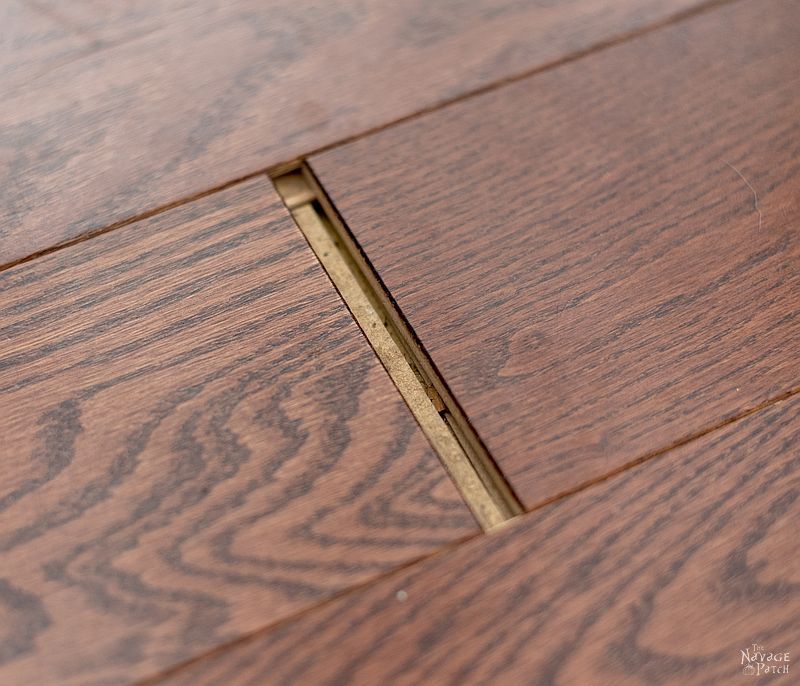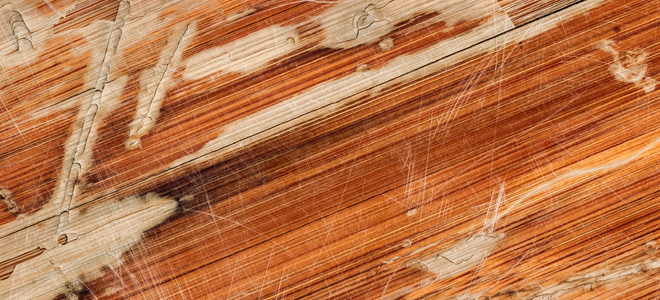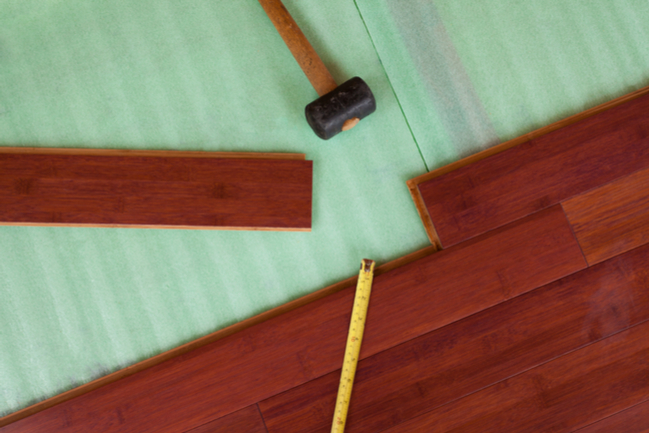In the colder weather the opposite is true and the floor can contract leaving gaps between two of the tiles.
Popping noise in floating floor more in cold or hot.
Sometimes you might walk across your floors and hear a popping or creaking noise.
For an often lengthy period a house will creak and pop from time to time due solely to its own weight causing the soil beneath the house to compact thus allowing sections or even the entire house to sink slowly and minutely into the ground.
Another primary and fairly mundane cause of random noises within a home is settling.
Buckling is most common in areas that get more direct sunlight such as along sliding glass doors and large windows in the home.
While this doesn t mean your floors are defective there are various reasons it can occur.
If your floors squeak only when you walk across them and sounds like an oil can a metal flexing sound you probably have an hvac duct that is deflecting when the floor moves.
It may be that the fasteners nails that hold your floor down have come loose and whenever you are stepping on the floor it is causing the loud noise you are hearing.
As the material becomes warmer it can expand slightly causing the floor to buckle.
Creaking popping and snapping sounds can emanate from a hardwood floor that has been nailed to a wood subfloor as well as one that has.
You may want to have a flooring professional look at your floor and figure out ways to tighten the floor.
When the radiant heat turns off because the room is warm enough the flooring starts to contract as it cools.
If your floors are nailed down to the subfloor the popping noise could be coming from the nails.
Buckling occurs when the wood flooring actually pulls up from the subfloor lifting several inches in one or more places.
This back and forth movement can wreak havoc on a floating floor if it s not installed.
Floor buckling is the most extreme reaction to moisture in a hardwood floor.
The sub floor which may be constructed of plywood wood planks or boards osb board or particle board laid over floor joist which supports the plywood or other sheeting.
Movement is always what causes squeaks.
It s probably your water heater where sediment has settled at the bottom of the tank then popped and bubbled as the water heats.
This is especially true if you have a gas or propane heated tank.
This can cause all kinds of inconsistent shifting and racking within the structural framing door openings and windows.
If the noise is in the first floor and you have an unfinished basement you should be able to correct the problem relatively easily.
The sound happens when a plank becomes loose and the nail rubs against the subfloor.




























